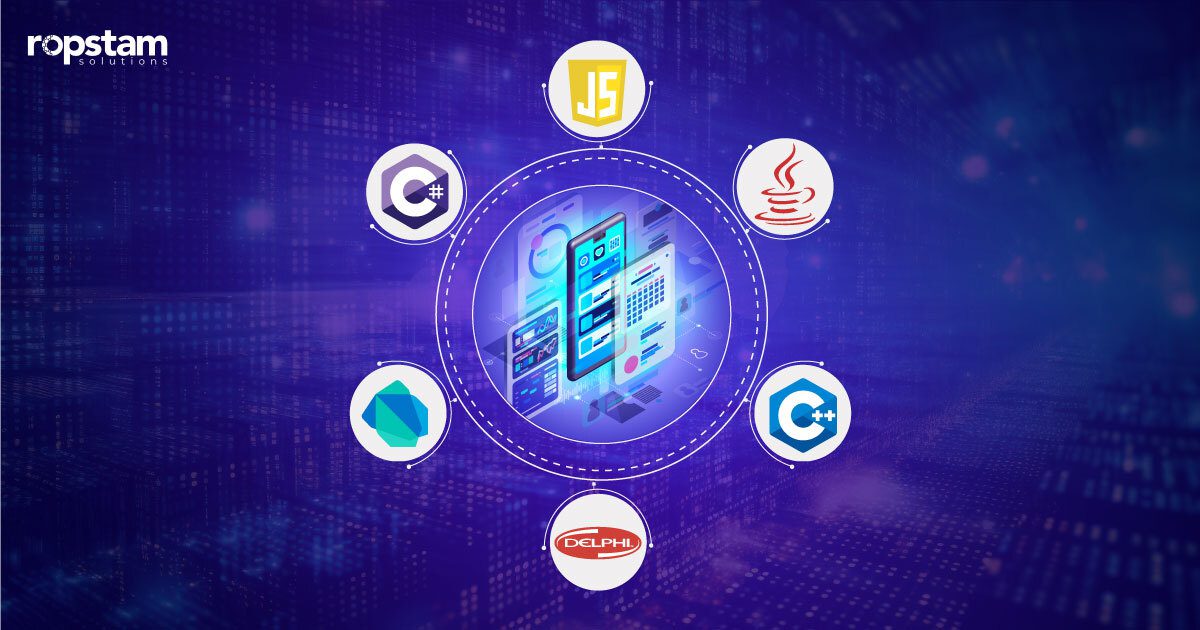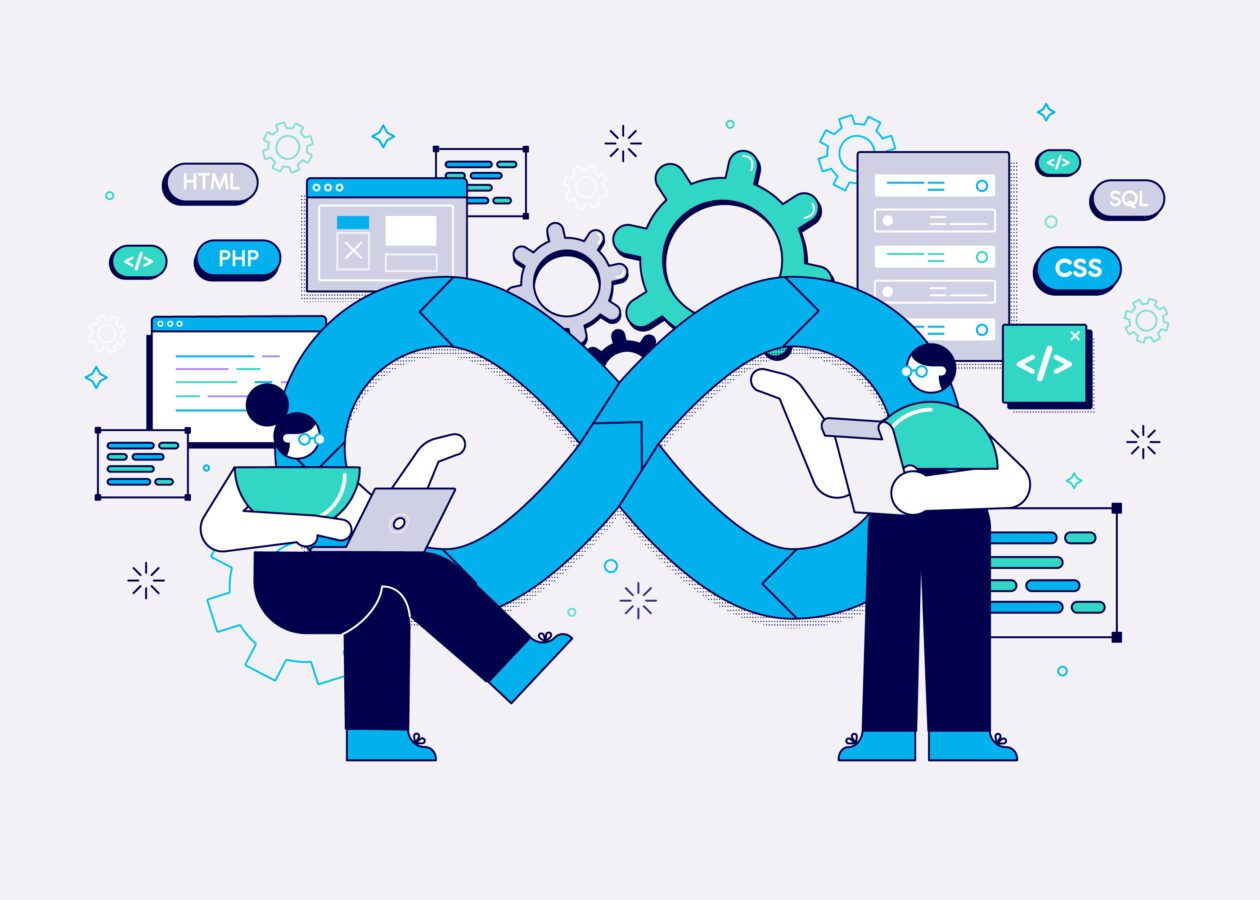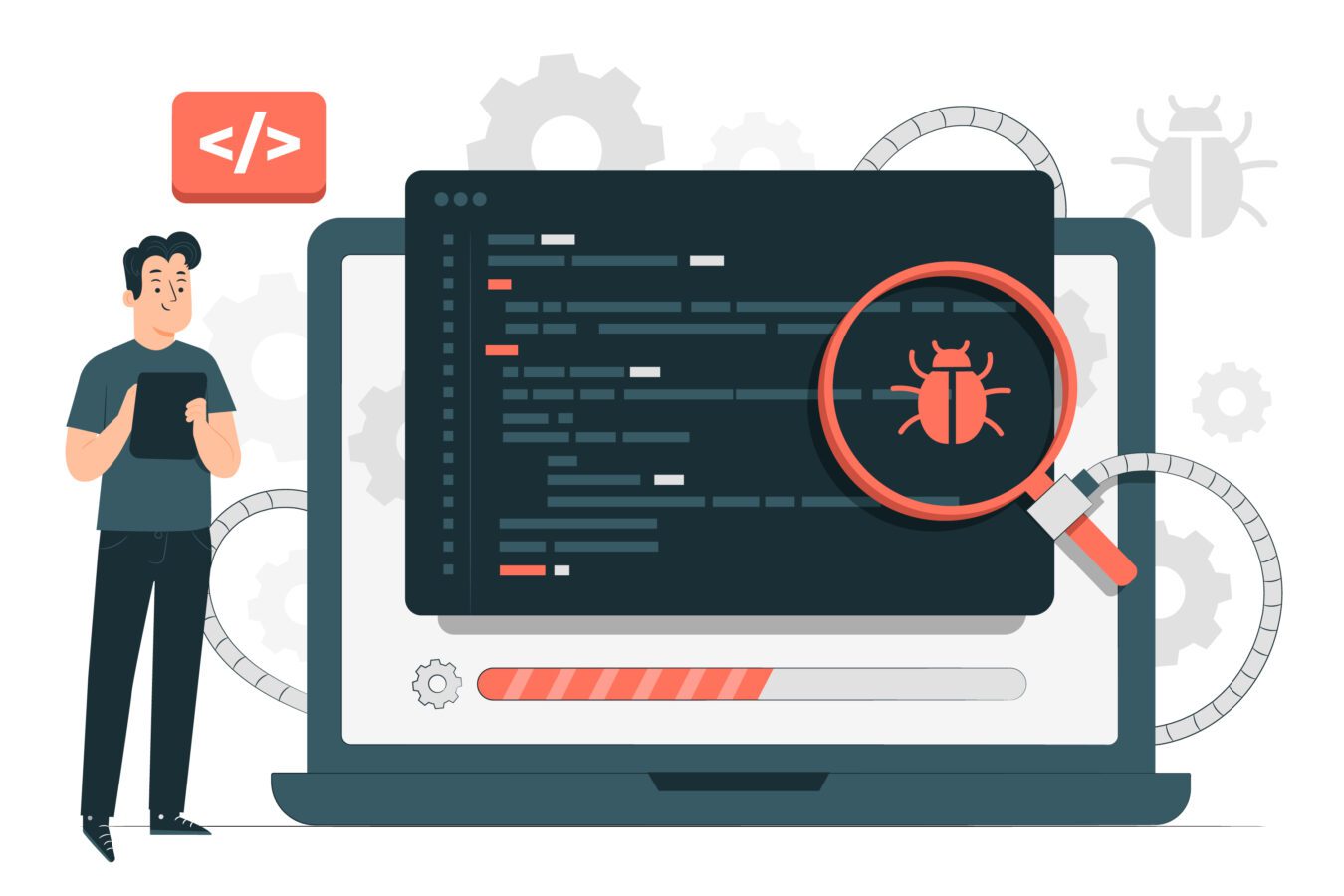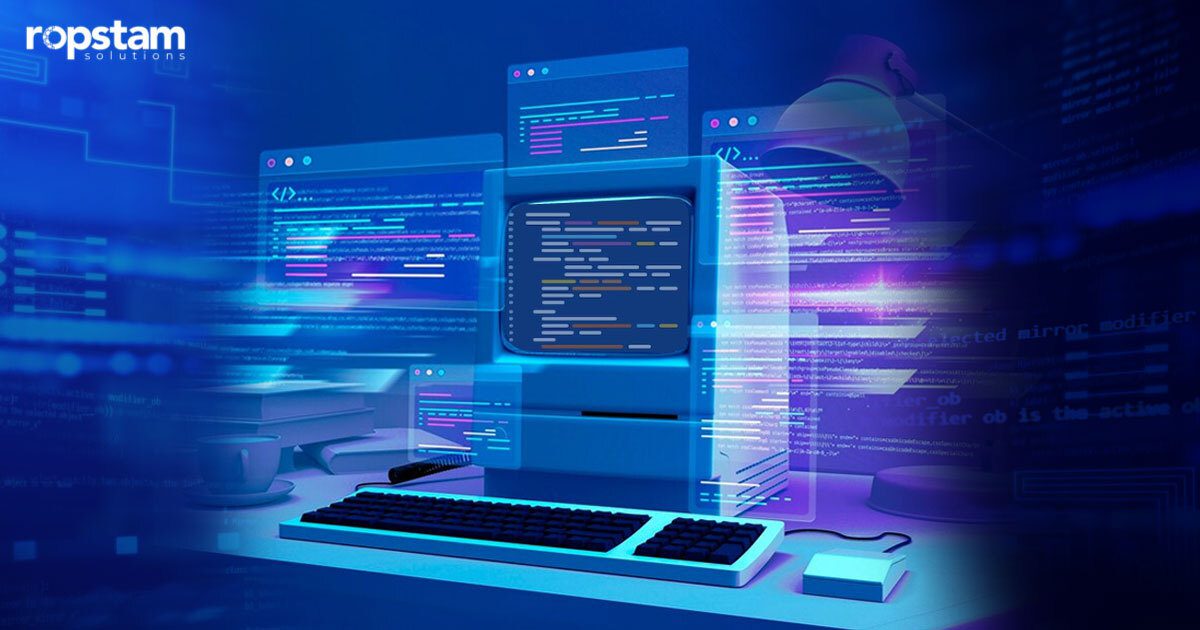With the increased usage of smartphones, the demand for high-performance mobile apps is at an all-time high. Cross-platform mobile app development, thanks to its handful of strengths, has gained immense popularity among the developer community.
For the development of cross-platform applications, one requires skills in at least one of several frameworks and languages. This blog encapsulates the top cross-platform languages required to create multi-platform mobile solutions.
6 Best cross-platform app development languages for developers to use
At Ropstam Solutions, our team of multi-platform app developers has unrivaled command of more than one programming language. With the help of online resources and the expertise of our cross-platform app developers, I have compiled a list of some of the best languages in this regard:
| Cross-Platform Language |
Key Features |
| Java |
|
| JavaScript |
|
| Dart |
|
| C# |
|
| C++ |
|
| Delphi |
|
1) Java
Java is a versatile and widely used programming language that enables developers to create robust cross-platform applications. It is object-oriented, which means it uses objects and classes to organize code.
Another point to note is that Java’s “write once, run anywhere” (WORA) capability allows developers to write code that runs on any device supporting Java without the need for recompilation. Java is commonly used for Android app development, enterprise software, and large systems development.

Java
Pros of Java:
- Platform independence with Java Virtual Machine (JVM)
- Vast standard library and rich ecosystem of tools
- Strong memory management and automatic garbage collection
- High level of security features
- Large community support and extensive documentation
Cons of Java:
- Can be slower than natively compiled languages
- Memory consumption is relatively high
- Verbose syntax can lead to longer code
- GUI applications may not feel as native as those written in other languages
2) JavaScript
JavaScript is a popular scripting language primarily known for adding interactivity to web pages. With the advent of Node.js, it has become a powerful tool for server-side development, allowing for full-stack development with a single language.
It is pertinent to mention that preeminent JavaScript frameworks like React Native and Ionic are used for developing cross-platform mobile apps, which can run on both Android and iOS.
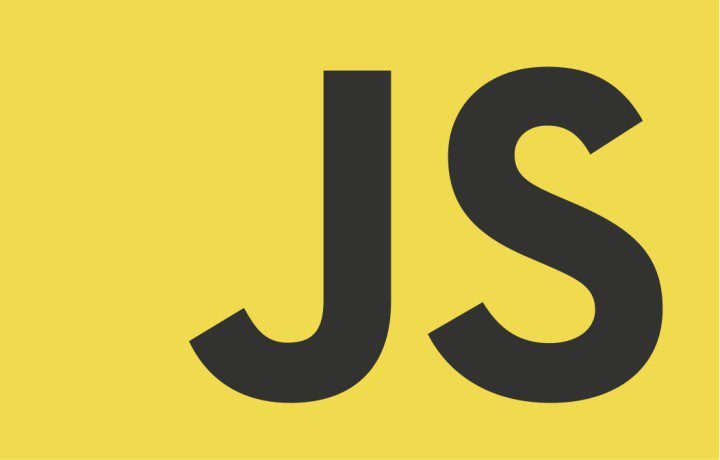
Javascript
Pros of JavaScript:
- High demand and ubiquitous presence in web development
- Event-driven, non-blocking I/O model ideal for real-time applications
- Huge ecosystem of libraries and frameworks
- Great for rapid development and prototyping
Cons of JavaScript:
- Asynchronous programming model can be challenging
- Fragmentation and rapid changes in the ecosystem
- Security vulnerabilities if not properly managed
- Can lead to callback hell if not using modern async patterns
- Performance can be inconsistent across different browsers
3) Dart
Dart is a client-optimized language for developing fast apps on any platform. Its main use case is in the development of UI for multi-platform mobile and web applications through Google’s UI toolkit, Flutter. Dart compiles to ARM and x86 code, which enables it to run natively on different platforms. It has been designed specifically to offer a smooth learning curve and a productive development experience.
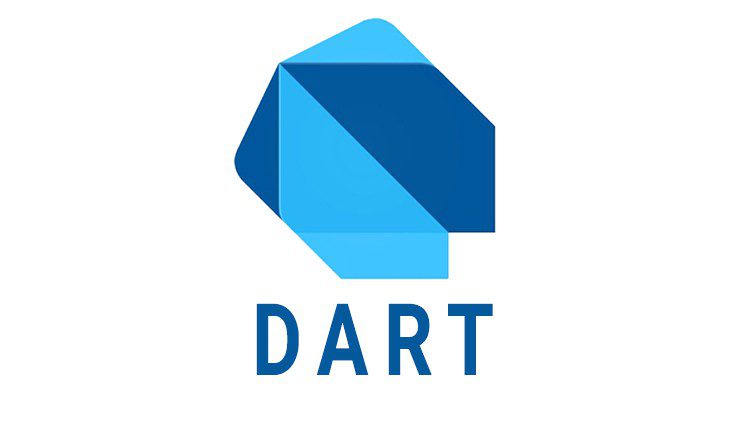
Dart
Pros of Dart:
- Strongly typed language with a clear syntax
- High performance with ahead-of-time (AOT) compilation
- Rich standard library and integration with Flutter for UI development
- Hot reload functionality for quick iterative development
- Growing community and support from Google
Cons of Dart:
- Relatively new and smaller ecosystem compared to others
- Limited resources and third-party libraries
- Focuses mainly on mobile app development, less so on other domains
- Tooling is still evolving
- Comparatively less recognition in the developer job market
4) C#
C# is a modern, object-oriented programming language developed by Microsoft. It is part of the .NET framework and is used for a wide range of applications, including desktop, web, and mobile through the Xamarin framework. C# is known for its clean and understandable syntax, which makes it accessible for new programmers while being powerful enough for complex applications.
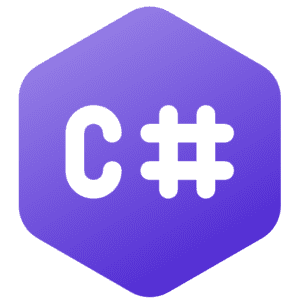
C Sharp
Pros of C#:
- Strong integration with the .NET framework
- Modern language features like async/await for multithreading
- Rich set of libraries and development tools
- Strong type checking reduces runtime errors
- Large and active developer community
Cons of C#:
- Primarily Windows-focused, though Xamarin expands its reach
- Requires understanding of the .NET ecosystem
- Can be less efficient for low-level programming compared to C++
- Some delay in adopting the latest platform features
5) C++
C++ is a high-performance, high-level programming language that is used to develop complex systems where hardware-level manipulation is required. It is an extension of the C programming language and provides object-oriented capabilities. C++ can be used for developing cross-platform applications with frameworks like Qt.
Not to mention that this language is particularly favored in game development, system/software development, and performance-critical applications.

C++
Pros of C++:
- High performance and control over system resources
- Portability across different platforms
- Active community and mature ecosystem
- Object-oriented programming with low-level functionality
Cons of C++:
- Complex syntax with a steep learning curve
- Manual memory management can lead to bugs
- Longer development time due to compilation and debugging
- Lack of modern safety features found in newer languages
- Less suitable for rapid application development
6) Delphi
Delphi is an Object Pascal-based programming language for rapid application development, particularly for desktop and mobile applications. Its dedicated IDE and visual design environment make Delhpi user-friendly for building UIs.
Lastly, Delphi’s cross-platform capabilities come through its FireMonkey framework, which allows developers to compile code for multiple platforms.
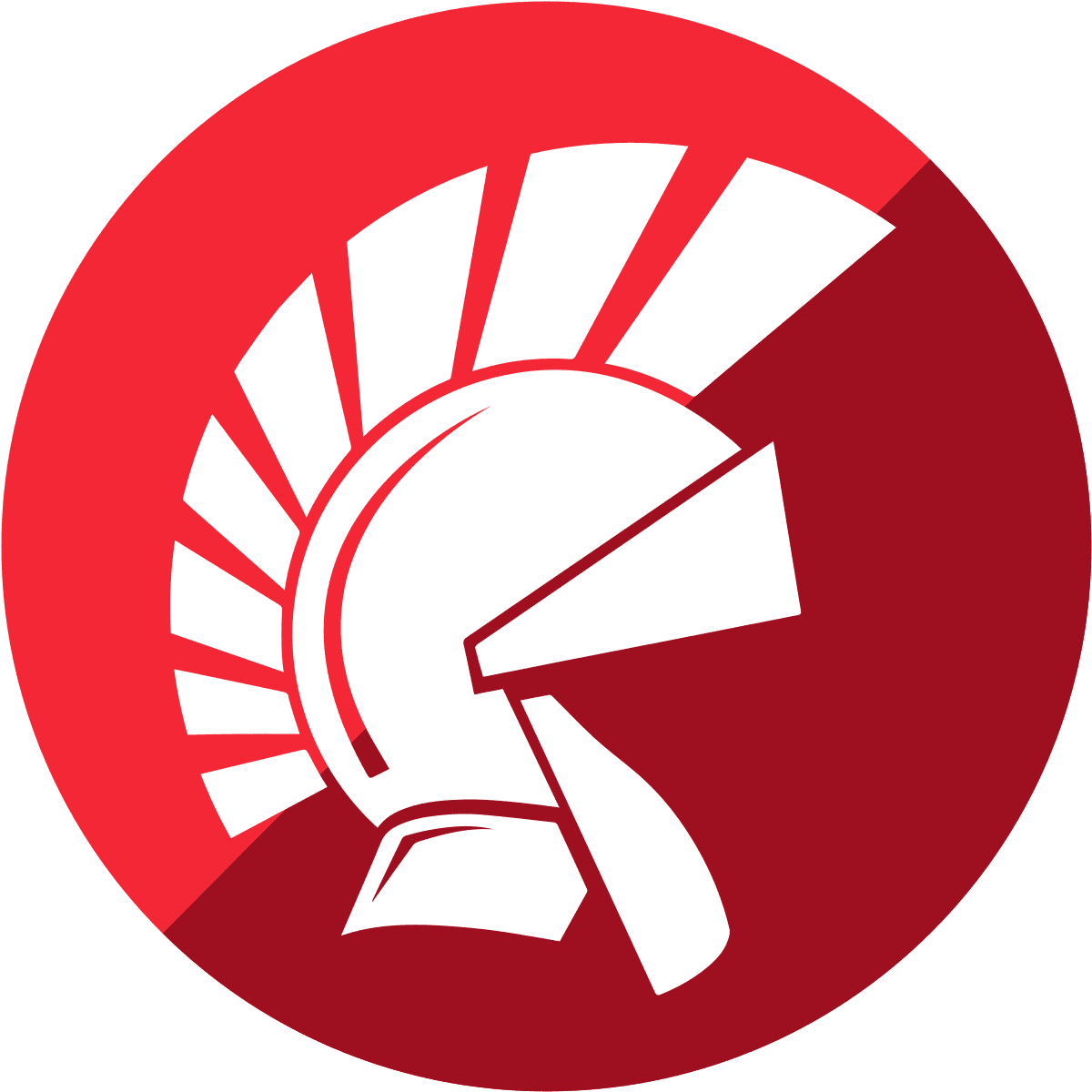
Delphi
Pros of Delphi
- Rapid development with a strong focus on ease of use
- Rich set of visual components for UI design
- Object-oriented programming with a clean syntax
- Stable and mature development environment
Cons of Delphi
- Rapid development with a strong focus on ease of use
- Rich set of visual components for UI design
- Object-oriented programming with a clean syntax
- Good performance and native code compilation
- Stable and mature development environment
Top 7 cross-platform app development frameworks
Thanks to their ability to create feature-rich, cost-effective applications, cross-platform frameworks are becoming more popular with each passing day. Here, I have compiled a list to make the lives of developers easier:
1) Flutter
Flutter is Google’s UI toolkit for crafting natively compiled applications for mobile, web, and desktop from a single codebase. It uses Dart as its programming language and is known for its fast development cycle, expressive and flexible UI, and native performance.
Not to mention that Flutter’s “hot reload” feature allows developers to see changes in the app in real-time, making it a highly productive environment for building interfaces.

Flutter
2) React Native
React Native, created and supported by Facebook, enables developers to build mobile apps with the fusion of JavaScript and React. It focuses on a “learn once, write anywhere” philosophy, allowing for the creation of rich mobile UI from declarative components.
React Native apps can access platform features like the camera and user location, and they can be compiled into native code for optimized performance.
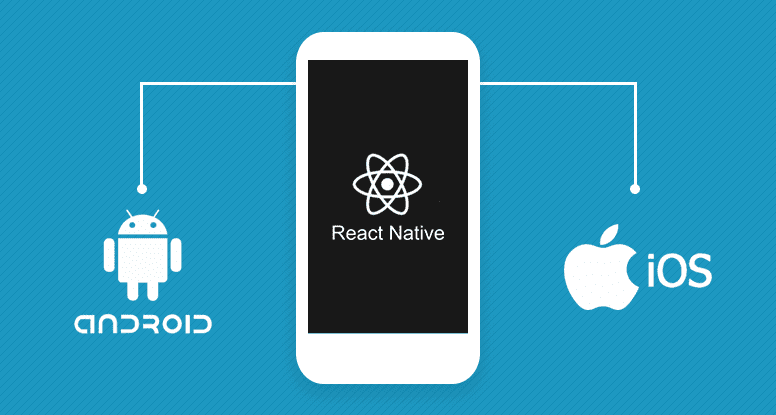
React Native
3) Xamarin
Xamarin, a Microsoft-owned framework, uses C# for building Android and iOS applications. It provides a single technology stack that compiles into native code, enabling a high level of code sharing and reducing development time.
4) Cordova
Apache Cordova (formerly PhoneGap) is an open-source mobile development framework that allows developers to build apps using HTML, CSS, and JavaScript. It wraps the code in a native container which can access the device’s functions across multiple platforms.
Cordova plugins enable access to the device’s specific features like camera, GPS, and accelerometer, offering a native-like feeling to the developers and users.
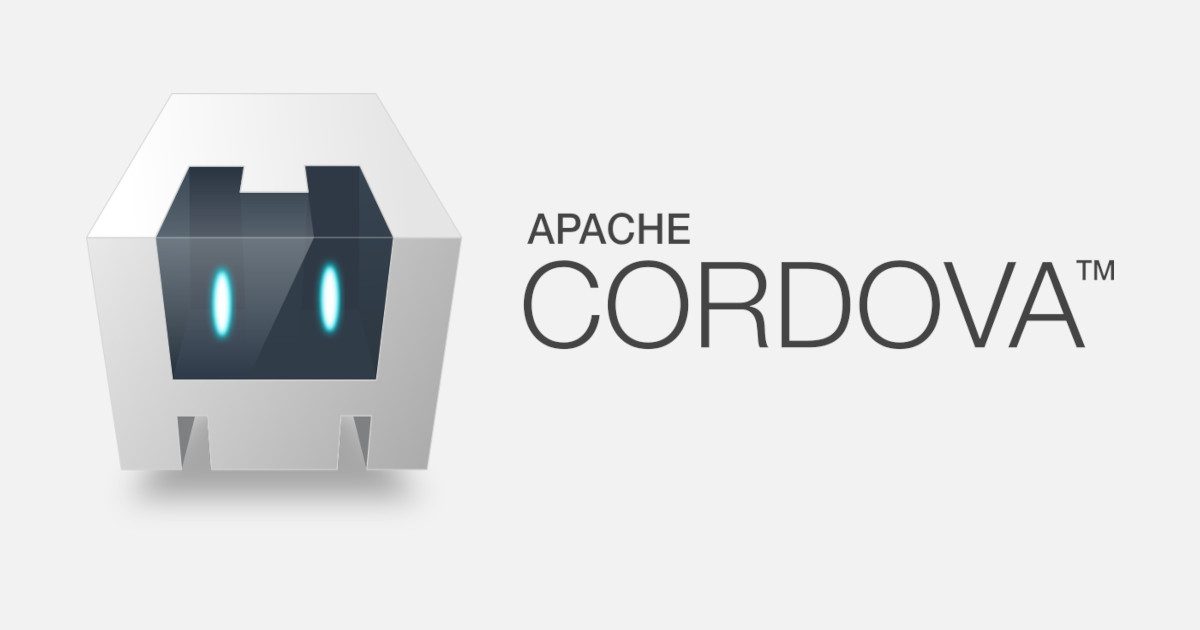
Cordova
5) Ionic
Ionic is a popular framework for building hybrid mobile, desktop, and progressive web apps using web technologies like HTML, CSS, and JavaScript. It works on top of Cordova or Capacitor for accessing native device features and focuses on performance and a set of UI components that mimic native elements.
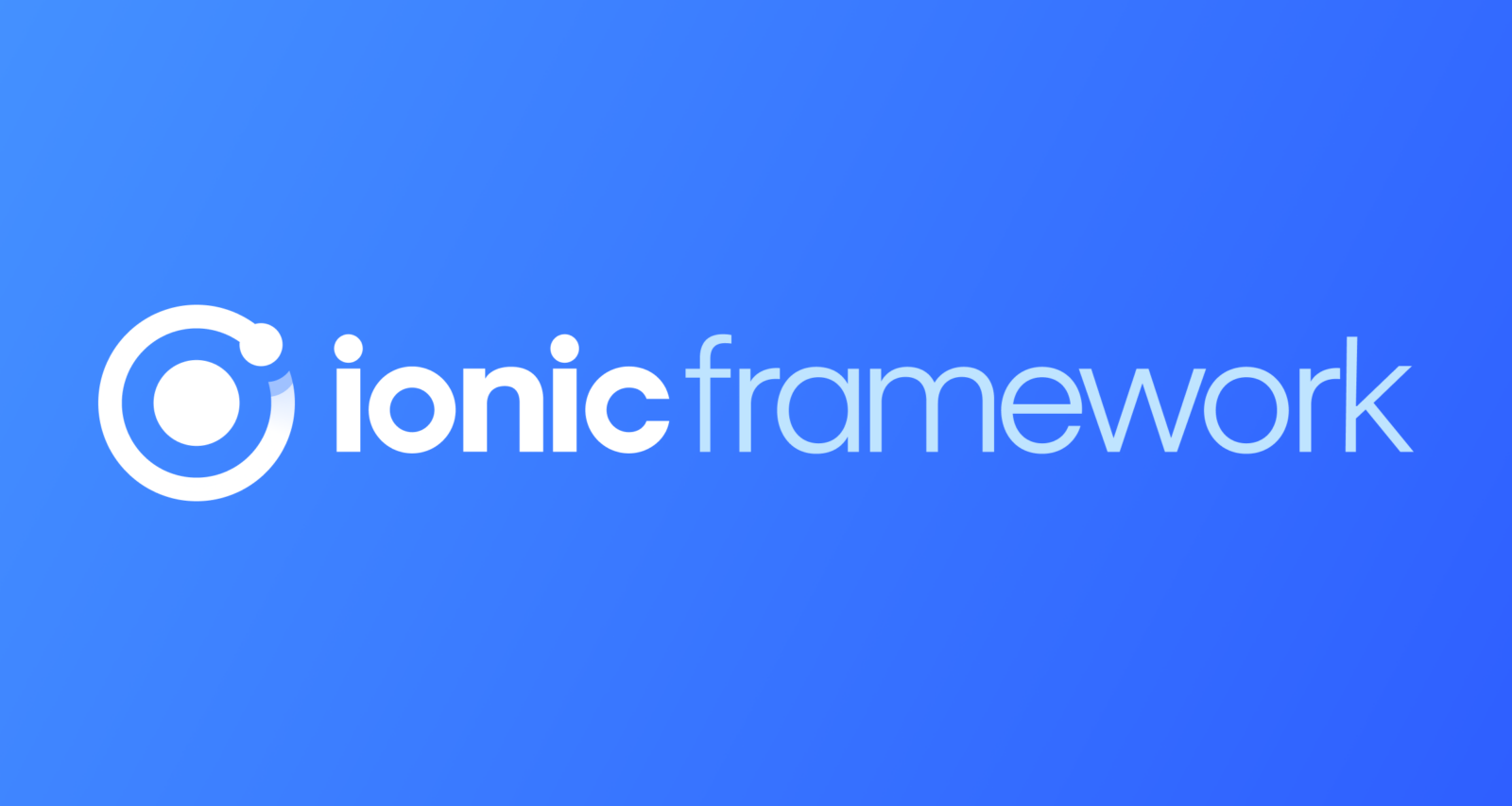
Ionic
What is the difference between cross-platform and native app development?
Given that the field of mobile app development is constantly evolving, first and foremost, one needs to understand the concept of native and cross-platform development to stay ahead of the curve.
Native app development
Native app development involves creating apps designed specifically for a certain platform like iOS or Android. Companies that want their app on multiple platforms need to build separate native apps for each one. This means running parallel development processes with different teams working on the iOS and Android versions at the same time. Consequently, more effort is required in the native app development approach.
Cross-platform app development
Cross-platform development involves creating mobile apps from a single codebase that can be deployed to multiple platforms like iOS, Android, and the web. The “develop once, run on all platforms” principle is the guideline here, as developers only need to write the app logic once using technologies like React Native or Flutter. This allows the same code to then be compiled into native apps for iOS, Android, web, and other platforms.
The main benefit of cross-platform programming is code reuse and sharing between platforms. This can significantly reduce development time and costs compared to building fully native apps for each platform.
How Ropstam Solutions can help with your cross-platform app development project?
At the core of any successful mobile app development project lies the selection of an ideal programming language. From Java to C++, there are a multitude of multi-platform app development languages accessible with their inherent strengths and limitations.
However, before making the final decision of choosing any cross-platform technologies, it is important to consider varying factors such as the target audience, the scope of the project, and the allocated budget.
Looking for a top-tier cross-platform app development team? Look no further because Ropstam Solutions boasts an experienced team well-versed in the major hybrid app development languages and frameworks. With dedicated teams of React Native and Flutter app development, we have an enviable record in the region. Contact us now and convert your idea into a stunning mobile app!

